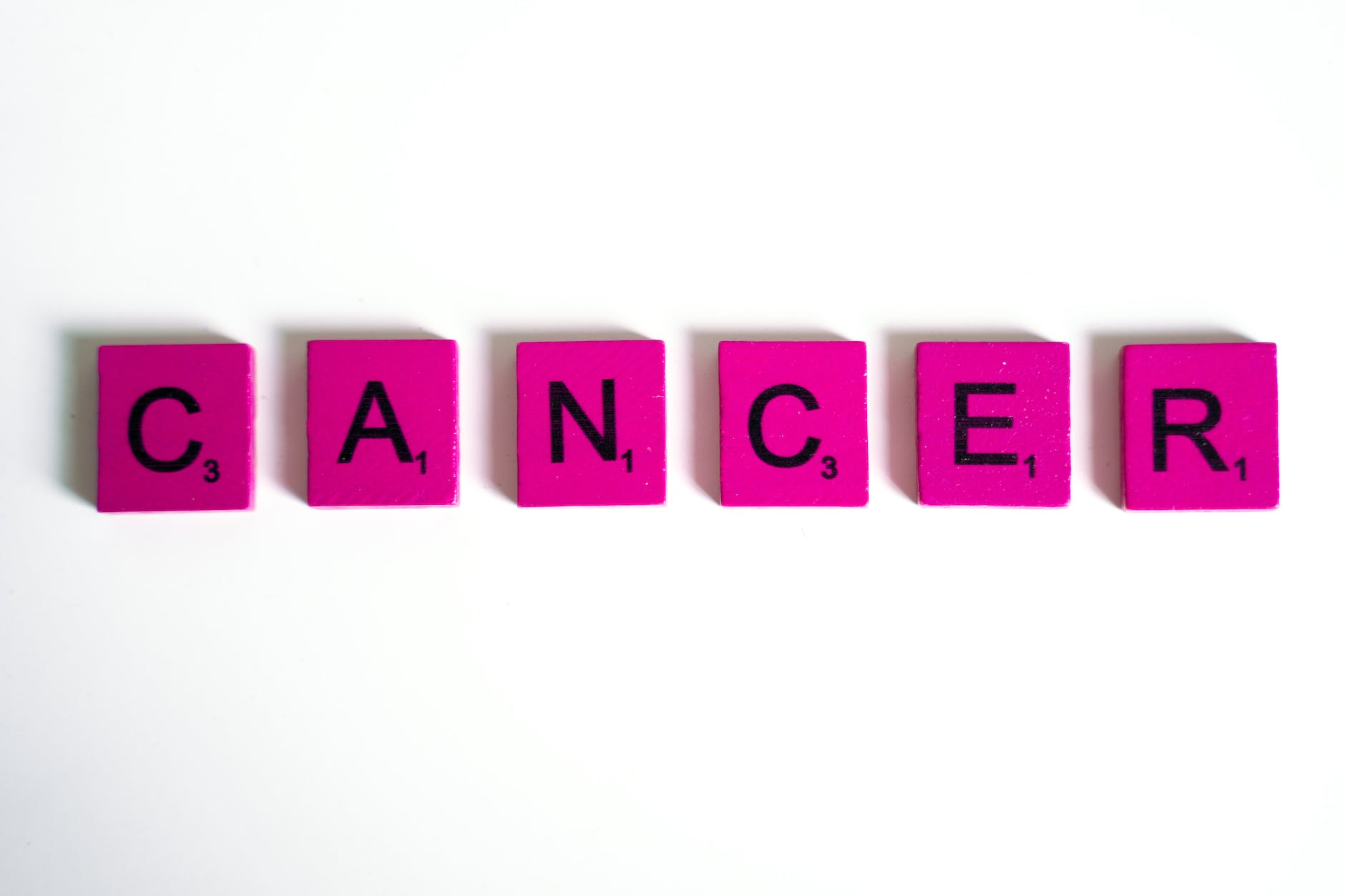
cancers
Detecting cancers as early as possible is vital to increase the chances of a cure. Although there are many different types of cancer, they all share one common goal: to spread throughout the body. When cancer is detected early, it has not had enough time to spread and is much easier to treat. Therefore, individuals must be aware of cancer’s warning signs and symptoms to seek medical attention if needed.
What is cancer, and what are the different types of cancers?
Cancer is a group of diseases that cause cells in the body to abnormally divide and grow. Cancer has various categories, with the four main categories know as:
- Carcinoma
- Leukemia
- Sarcoma
- Lymphoma
More than 100 distinct forms of cancer are categorized by where they originate in the body.
The most common types of cancer include:
- Breast cancer: This type of cancer begins in the tissues of the breast.
- Colorectal cancer: This type of cancer begins in the colon or rectum (parts of the large intestine).
- Lung cancer: This type of cancer begins in the cells lining the lungs.
- Prostate cancer: This type of cancer begins in the prostate gland, which is located below the bladder in men.
How does cancer develop and spread?
Cancer develops when aberrant cells in the body grow out of control. These abnormal cells can form a mass called a tumor. These tumors are identified as either benign (noncancerous) or malignant (cancerous) via further testing done by specialists. Benign tumors mean they do not spread to other body parts. Malignant tumors, on the other hand, can invade nearby tissues and organs and spread to other body sections through the bloodstream or lymphatic system. This process is called metastasis.
What are the symptoms of cancer?
Cancer symptoms differ based on the type and stage of the disease. However, some general warning signs may be indicative of cancer, such as:
- A change in bowel or bladder habits
- A cough that does not go away
- Difficulty swallowing
- Extreme fatigue
- Lumps in the breast, testicles, or elsewhere on the body
- Persistent headaches or backaches
- Unexplained weight loss or loss of appetite
If you notice any of these symptoms, It is critical to see a doctor to discover whether or not you have cancer.
Why early detection is vital for successful treatment
As with any disease, early detection is vital for successful treatment. The sooner cancer is discovered, the sooner treatment can begin and the better the chances are for a cure. When cancer is detected early, it has not had enough time to spread and is much easier to treat. Therefore, individuals must be aware of cancer’s warning signs and symptoms to seek medical attention if needed.
There are many reasons why early detection is so important:
- When cancer is detected early, it is often at a more treatable stage.
- Early detection allows for less invasive and more effective treatments.
- Early detection can save lives by preventing cancer from progressing to a more advanced and deadly stage.
Despite the importance of early detection, many people do not seek medical attention until their cancer has progressed. It can be due to various factors, such as lack of awareness, fear, or denial. However, it is critical to remember that cancer is a treatable disease. The sooner it is discovered, the better the chances of success.
How to detect cancer early on
There are a variety of ways that cancer can be identified early on. Some of the most common methods include:
- Mammograms: Mammograms are breast X-rays that can aid in the early detection of breast cancer.
- Pap Tests: Pap tests (or Pap smears) are used to detect changes in the cells of the cervix that may indicate cervical cancer.
- Colonoscopies: Colonoscopies are procedures that allow doctors to examine the inside of the colon and rectum for signs of colorectal cancer.
- Prostate exams: During a prostate exam, a doctor inserts a finger into the rectum to feel for any abnormalities in the prostate.
- Skin exams: During a skin exam, a doctor will check for any skin changes that may indicate skin cancer.
These are just some ways cancer can be detected early on. It is essential to talk to your doctor about which screening tests are proper for you and be aware of cancer’s warning signs and symptoms.
Cancer is a severe disease that can have a devastating impact on both individuals and their families. So if you are experiencing any symptoms indicative of cancer, it is critical to visit a doctor as soon as possible.
The benefits of early detection
There are numerous advantages to detecting cancer early. Some of the most important benefits include:
- Early detection allows for less invasive and more effective treatments.
- Early detection can save lives by preventing cancer from progressing to a more advanced and deadly stage.
- Early detection allows for earlier treatment, which increases the chances of a successful outcome.
- Early detection provides peace of mind and can help to reduce anxiety and stress levels.
If you are worried about your cancer risk, talk to your doctor about which screening tests are proper for you or check out a molecular diagnostics company. Early detection is vital for successful treatment, so do not delay seeking medical attention if you are concerned about your health.






